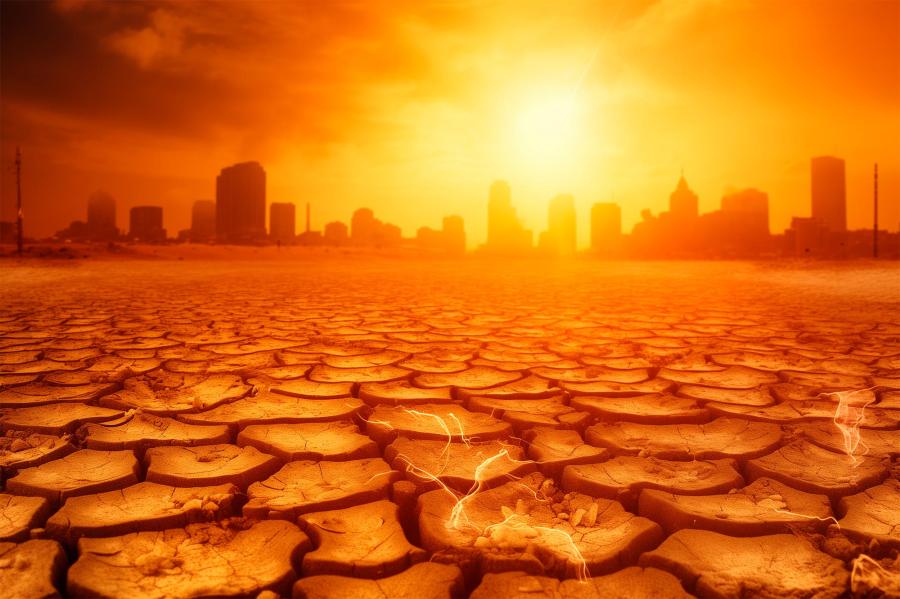A new report from US-based research group Climate Central has revealed that a quarter of the world’s population experienced daily temperatures made more extreme by climate change throughout the Northern Hemisphere summer.
Between June and August 2025, more than 2 billion people were exposed to over 30 days of high-risk heat directly influenced by human-induced climate change, the study found.
The analysis links this widespread exposure to the ongoing burning of fossil fuels such as coal, oil, and gas which continues to drive rising global temperatures.
Record-Breaking Heat Across the Globe
According to the report, 72 countries experienced their hottest summer since at least 1970. Among the countries affected were Russia, China, Italy and Ghana, where intensified drought conditions triggered crop failures and emergency declarations. Some governments imposed export restrictions in response.
Researchers say 180 cities across the Northern Hemisphere recorded at least one extreme heatwave during the three-month period. These events are now estimated to be 21 times more likely because of carbon emissions linked to human activity.
“High temperatures that were clearly influenced by climate change jeopardized the health of billions around the world during the past three months,” said Dr. Andrew Pershing, Vice President for Science at Climate Central.
“No region, country, or city is safe from the deadly threats posed by burning fossil fuels.”
Peak Heat Affects Billions
On 13 August, more than 4 billion people worldwide experienced temperatures made at least three times more likely due to climate change making it the most widespread day of climate-influenced heat in the reporting period.
Using its Climate Shift Index, Climate Central was able to quantify the specific influence of climate change on daily temperatures at global, national, and city levels, including data for 1,200 cities.
The report also introduces the concept of “risky heat” defined as temperatures hotter than 90% of what was recorded between 1991 and 2020 in a given location. These conditions are linked to higher health risks, including heat-related illnesses and fatalities.
Globally, the average person experienced 17 additional days of risky heat this summer due to the influence of climate change, the researchers found.
Implications for Global Health
The study adds to a growing body of evidence warning that the climate crisis is becoming an increasing threat to public health. Extended periods of extreme heat can have serious consequences, particularly for vulnerable populations such as the elderly, children, and outdoor workers.
While the report stops short of making policy recommendations, it provides detailed data intended to help governments and city planners better understand heat exposure trends and potential health impacts.
Climate Central is an independent, non-profit science and media organization that focuses on climate and energy issues. It does not advocate specific policies but aims to inform the public and policymakers with reliable, science-based analysis.
Reported by:
BONAPARTE RANSFORD









